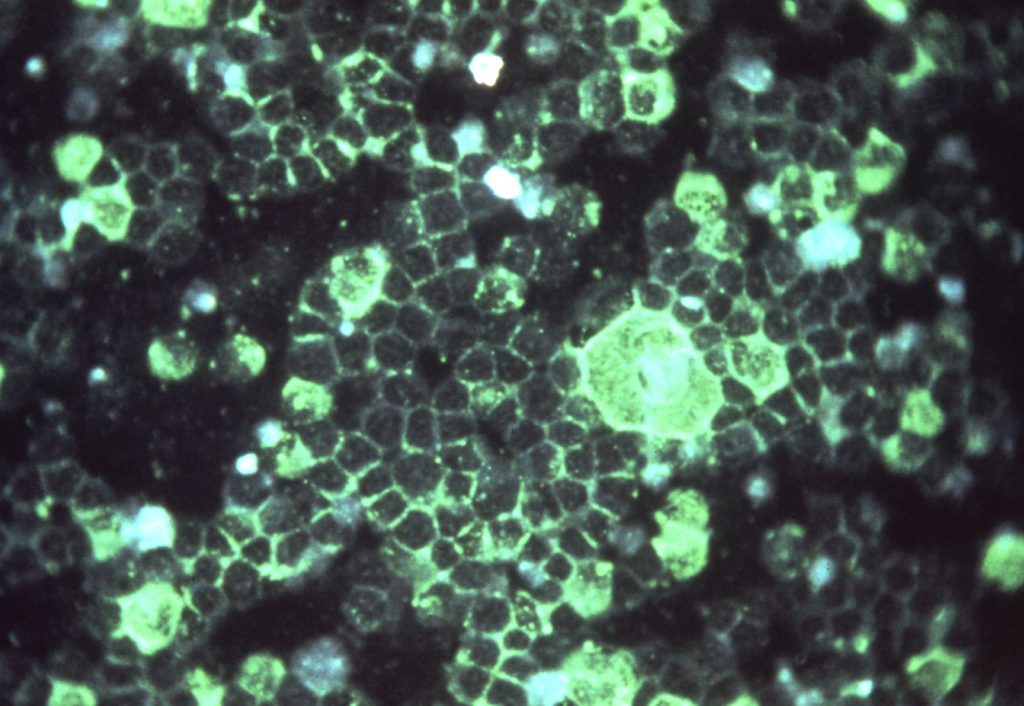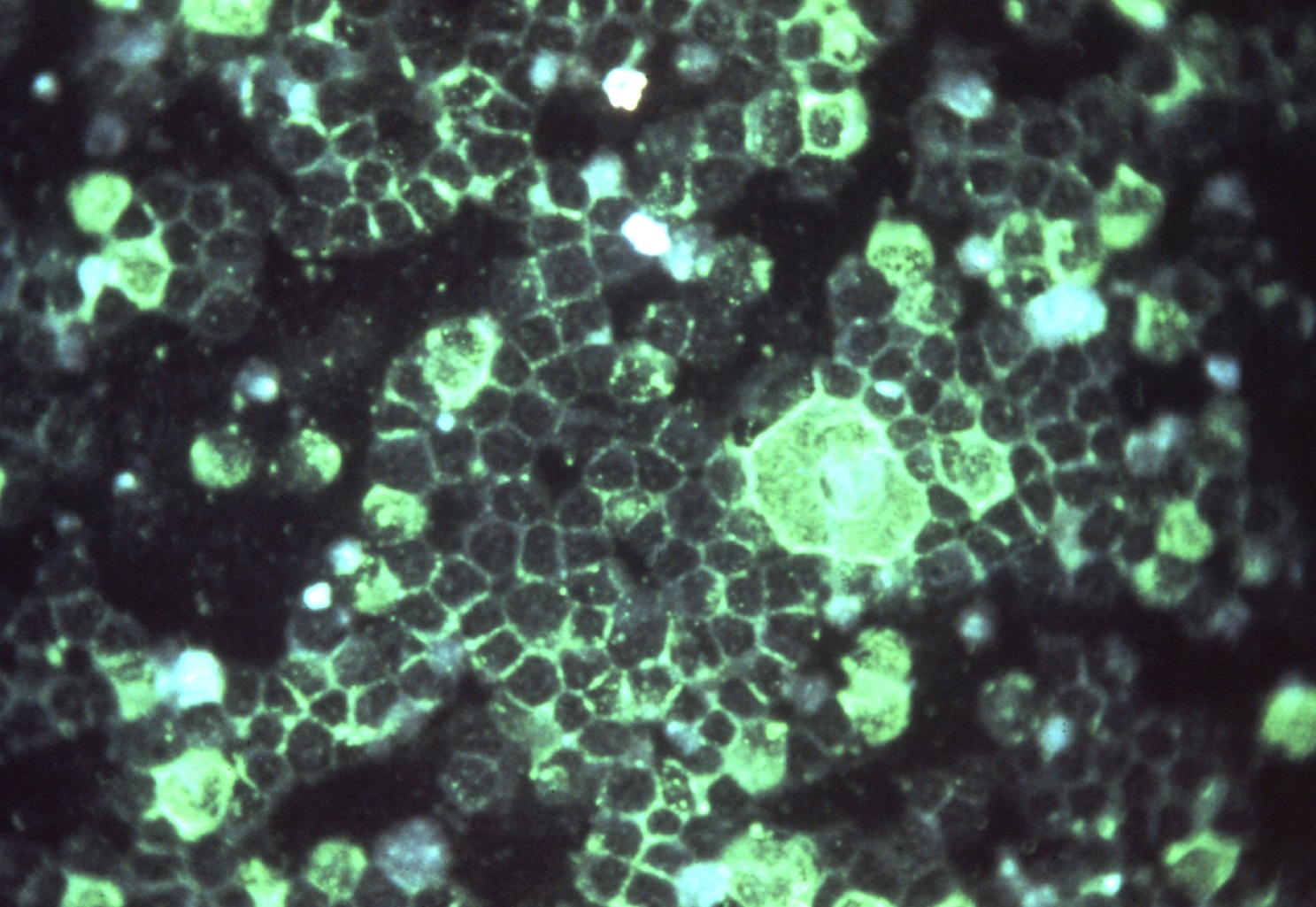
GSK’s Phase 3 results make it a top contender in chase for first RSV vaccine – MedCity News

Respiratory syncytial virus, or RSV, is prevalent and potentially deadly, and the lack of any vaccines for the pathogen underscores a global unmet medical need. A GSK vaccine candidate for the virus now has positive data from a pivotal study that the drugmaker says position it to seek regulatory approvals later this year.
The GSK vaccine, RSVPreF3 OA, was tested in a placebo-controlled Phase 3 test that enrolled about 25,000 people in 17 countries. Those participants, all age 60 and older, were given one dose of the vaccine. In results released Thursday, London-based GSK said its shot showed overall efficacy of 82.6% against RSV lower respiratory tract disease, meeting the main goal of the pivotal study. Against severe lower respiratory tract disease, the vaccine showed 94.1% efficacy.
The vaccine also posted strong results in a range of secondary goals, which GSK said highlight the impact the shot could have on those most at risk of severe outcomes from the disease. RSV’s symptoms can resemble those of the common cold but in people with weaker immune systems, such as infants and the elderly, the infection can become deadly. According to the Centers for Disease Control and Prevention, each year RSV leads to about 2.1 million hospitalizations of children younger than 5 as well as 177,000 hospitalizations of adults 65 and older.
“We believe that with the high vaccine efficacy demonstrated in this pivotal trial, our vaccine candidate has the potential to help reduce the significant global burden of RSV-associated disease in older adults, including those at the greatest risk of severe outcomes due to their age or underlying comorbidities,” GSK Chief Scientific Officer Tony Wood said in a prepared statement.
The GSK vaccine was well tolerated by patients. Adverse events reported from the study were mild-to-moderate and transient. The most common ones were injection site pain, fatigue, muscle aches, and headache. Clinical research is ongoing to evaluate annual revaccination with the GSK shot as well as longer-term protection over multiple seasons.
The lack of vaccines for RSV has drawn several companies into the chase to develop one. Many of these companies are developing vaccines based on RSV F, a protein that plays a key role in enabling the virus to fuse to and enter a cell. This protein undergoes many changes throughout the life cycle of the virus. National Institutes of Health research has shown that antibodies that address the prefusion form of RSV F are highly effective at blocking viral infection, so that’s the form of the protein where most RSV vaccine research, including GSK’s, has focused.
The GSK RSV vaccine contains an engineered part of prefusion RSV F protein combined with a proprietary adjuvant, an ingredient that boosts the immune response. That adjuvant was licensed from an Agenus subsidiary. The vaccine is intended to prompt the immune system to produce antibodies against RSV F. Other vaccine developers addressing RSV F include Icosavax, which is in early-stage testing, and Moderna, which has reached Phase 3 with its vaccine candidate.
GSK’s closest RSV vaccine competitor might be Pfizer, but the Phase 3 results for RSVPreF3 OA suggest it could have an edge. With the caveat that the GSK and Pfizer vaccines were tested in separate studies and not head to head, Pfizer’s shot showed 85.7% efficacy against lower respiratory tract illness, the main goal of its pivotal test. When those Phase 3 results were released in August, Pfizer said it planned to seek regulatory approval this fall.
GSK said it plans to submit regulatory applications later this year. In the nearer term, the company is preparing to present the Phase 3 data next week at IDWeek 2022, an annual meeting of several infectious disease organizations.
Public domain image by the CDC